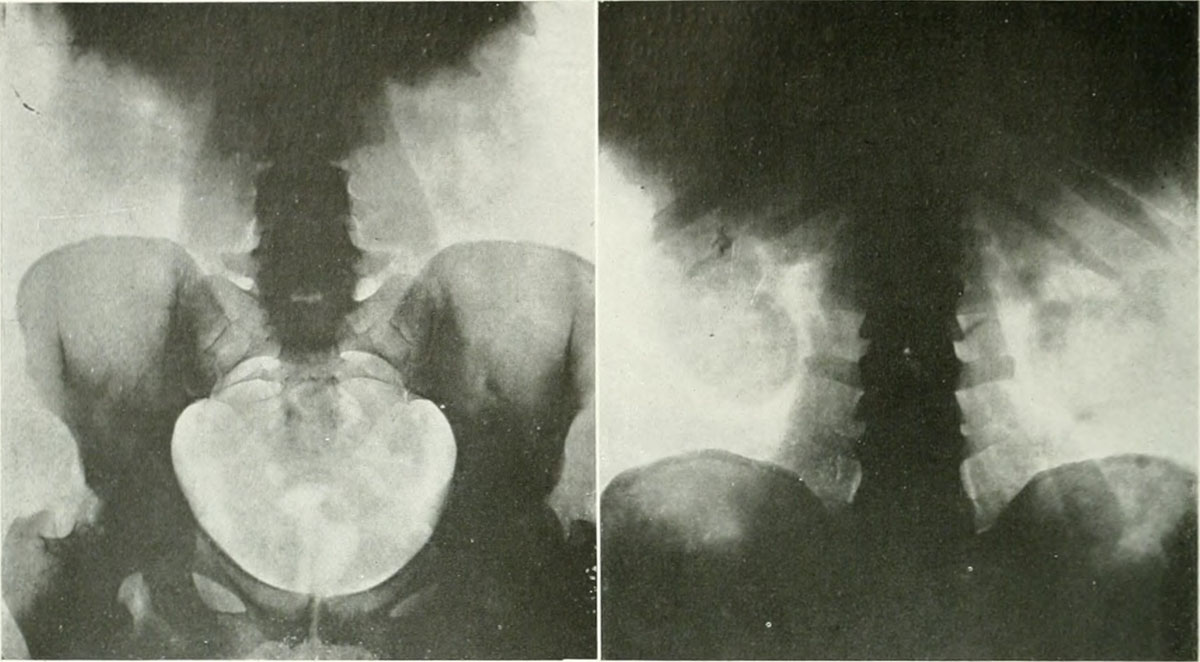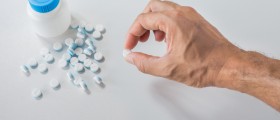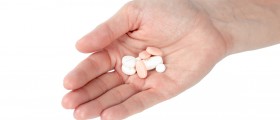
Tolterodine is a type of medication that is mostly used for the purpose of treating urinary inconsistence. Urinary inconsistence is a condition which manifests through one's overactive muscles of the bladder wall, triggering an uncontrollable urge to urinate in people. Hence, those who suffer from this conditions experience both daily and nocturnal inconsistence.
Due to the characteristics of the symptoms related to urinary inconsistence it is a condition which is most commonly treated with different kinds of medications like oxybutinin and tolterodine.
Tolterodine Effects with Urinary Inconsistence
This drug, called Detrol or Detrusitol as well, affects M1,2,3,4 and 5 subtypes of muscarinic receptors. On the other hand, most modern medications created for treating urinary inconsistence only affect the M3.
However, tolterodine, affecting all the receptors mentioned above, is known to have a smaller number of side-effects than, oxybutinin, for example, which focuses solely on a limited number of these receptors.
This medication can be taken both before and after eating, swallowed whole without water or consumed along with water. Yet during your therapy involving this medication, it is best to stay in touch with your doctor, reporting any possible side-effects you might be experiencing and making sure that the treatment is going on well.
Speaking of this form of contact and information sharing, you need to let your doctor know whether you are pregnant, breastfeeding or trying to become pregnant before taking this medication. Some of the elements of tolterodine may be dangerous for the fetus and pregnant women, so you might want to rule these out.
Also, people who have suffered from kidney and liver problems in the past, or suffer from these now are all advised to let their doctor know about this. Some other problems you need to tell your doctor about, prior to taking tolterodine in order to deal with your urinary inconsistence problems, are presence of prostate problems, glaucoma or mysathenia gravis and hyperthyroidism. Additionally, hiatus hernia, GERD, heartburn or ulcerative colitis, all should be reported, along with toxic megacolon, gut problems or paralytic ileus.
This does not end the list of possibly troublesome conditions when combined with tolterodine. Thus, pay attention to any presence of urinating problems, diseases affecting the nervous system, blood pressure or sexual functions and allergies you might be suffering from. Finally, your doctor needs to be aware of some other, especially over-the-counter medications you might be taking at the moment of your visit since tolterodine may not react well together with these.
Once all the above mentioned problems are ruled out and you come to the stage where you are to actually take the medication, follow the instructions of your doctor thoroughly and precisely. Additionally, read the information that comes with the medication carefully and pay attention to all matters for concern.
Also, if you happen to miss a dose during your therapy, do not make up for it next time. Rather, move on with taking the medication as if nothing has happened because you should never take higher doses than those prescribed by your doctor. Of course, store tolterodine properly and do not share it with anyone else since this medication is for your individual needs.
Side-Effects of Tolterodine
This drug does have a couple of side-effects and some of these are dry mouth, upset stomach, appearance of headaches or constipation, along with dry eyes and drowsiness. Some other adverse effects which have been reported in people who have been taking this medication since the day it first became widely available are mostly related to allergic reactions, being swelling of the face, mouth, tongue or some other parts of the body, heartbeat irregularities, accumulation of fluids in the arm and leg area and even hallucinations. Some users, about 1 in every 10, have reported increased sun sensitivity, reduced ability to sweat and dizziness as some additional side-effects related to tolterodine use.
Yet, bear in mind that most of the side-effects related to this medication appear early during the therapy and disappear as the body gets used to tolterodine.
Nevertheless, if the side-effects you are experiencing due to this medication become severe or troublesome, contact your doctor and seek immediate medical assistance. Staying free from some of the situations which may trigger any of the side-effects mentioned above is recommended. For example, you can stay away from extremely hot climate during the therapy, avoiding dehydration and overheating and you can refrain from operating machinery or vehicles while taking tolterodine in order not to suffer due to the psychomotor impairments it can cause.
All in all, tolterodine is a medication which is mainly used for the treatment of urinary inconsistence. It is a very reliable drug and many people manage to overcome the problems related to the frequency of their urination and controlling of their bladder due to its effects. However, even though it triggers the least side-effects, when compared to other medications used for this purposes, it can lead to unwanted symptoms nevertheless.

















Your thoughts on this
Loading...